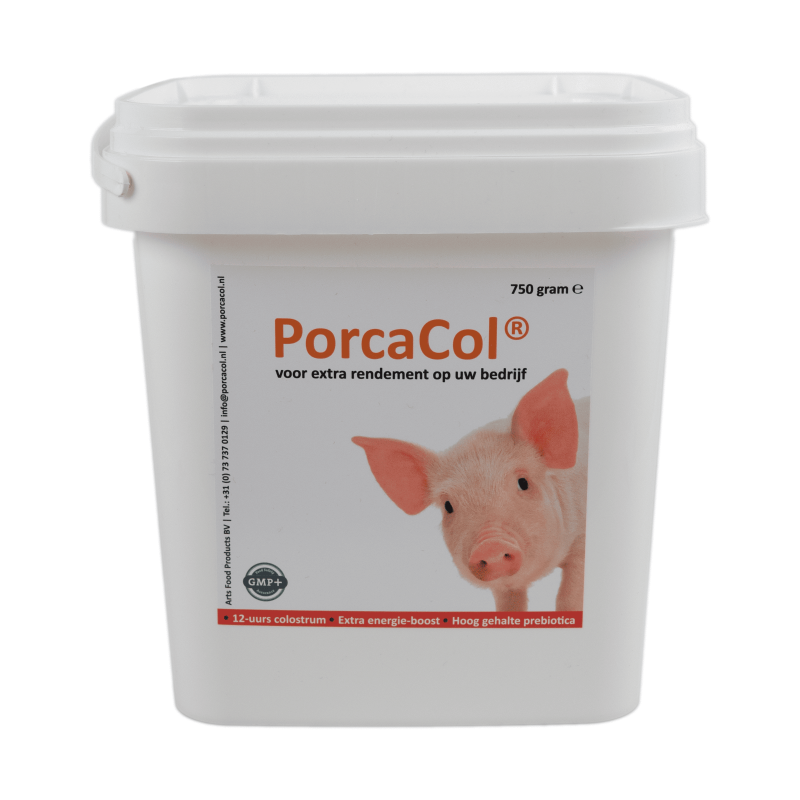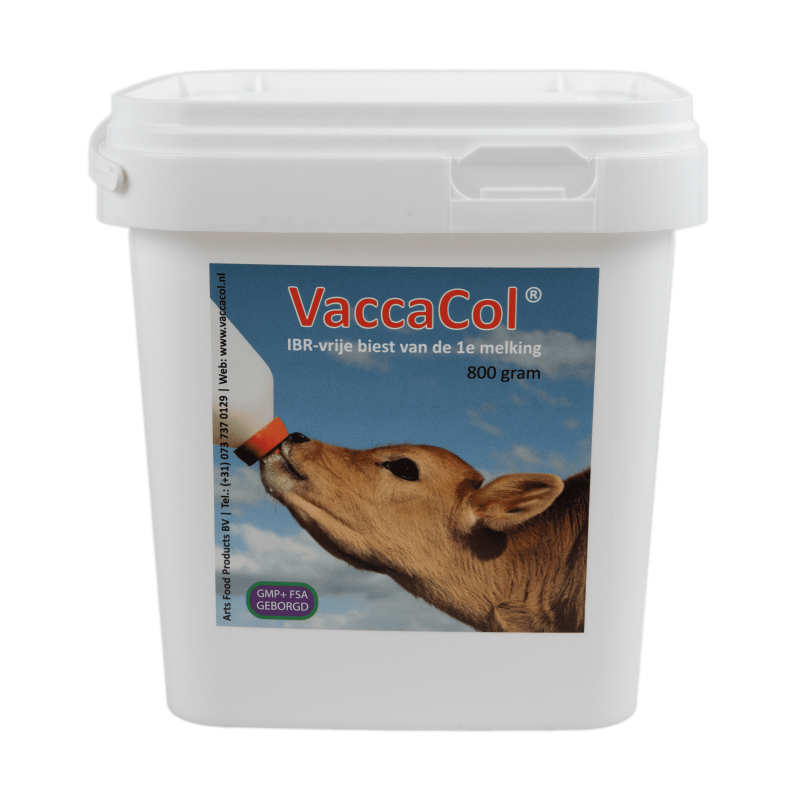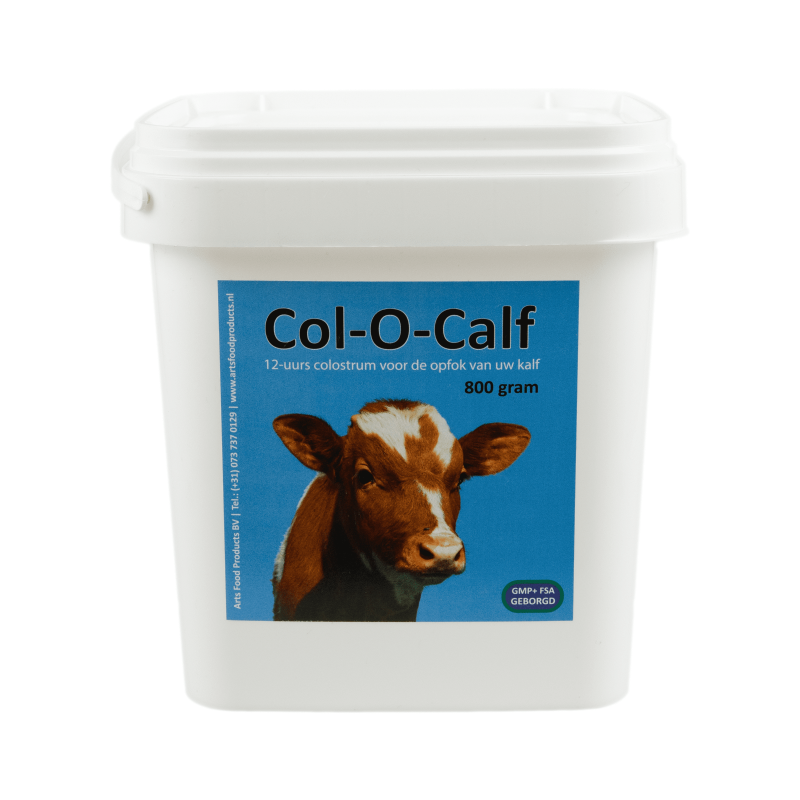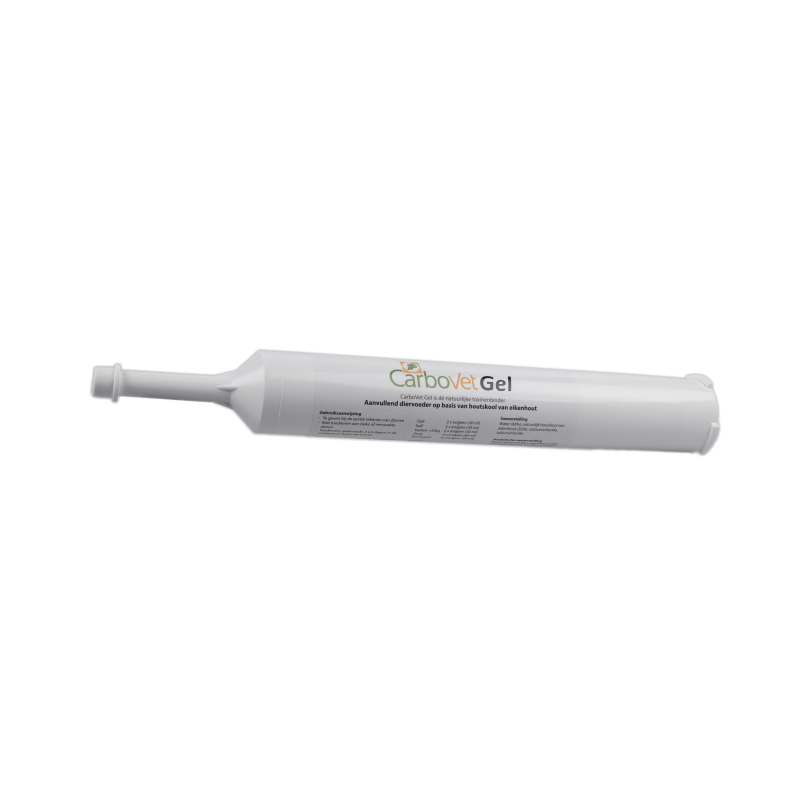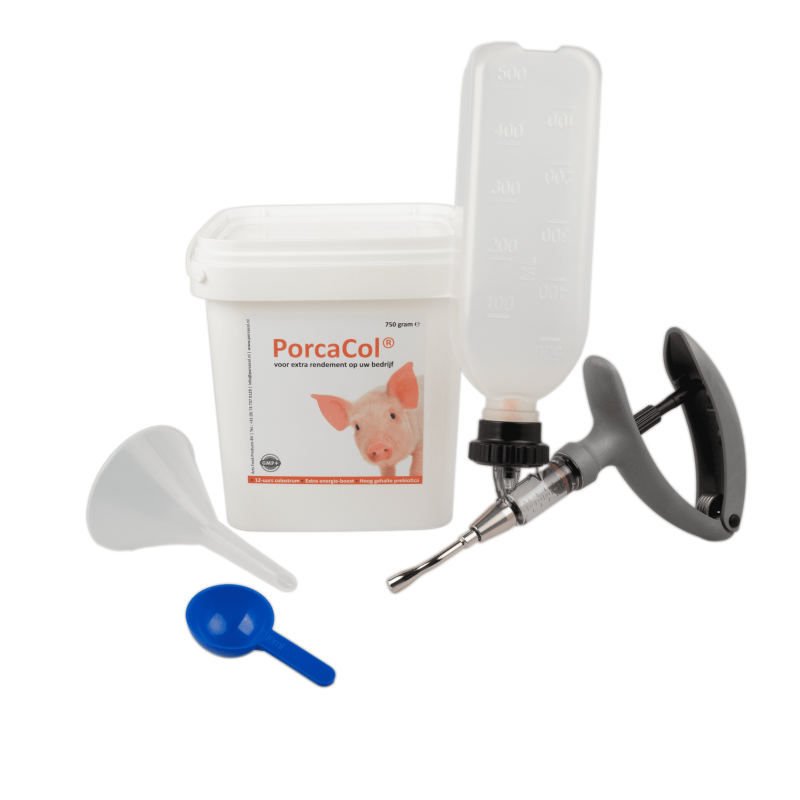IBR-free Colostrum for Calves
What is IBR?
IBR (Infectious Bovine Rhinotracheitis) is a contagious viral disease found in cattle. The disease is caused by bovine herpesvirus type 1 (BoHV-1). It primarily affects the respiratory system but can also impact reproduction.
Cows infected with IBR may exhibit the following symptoms:
- Respiratory: Fever, runny noses (with pus), coughing, inflamed nasal cavities, and breathing difficulties.
- Reproductive: Abortions, stillbirths, or weak calves.
IBR can also cause eye inflammation, reduced milk production, and general malaise accompanied by decreased appetite.
IBR can spread through direct contact with infected animals, as well as through coughing and sneezing. Contaminated equipment or people moving from one herd to another can also transmit the IBR virus. In breeding, semen from infected bulls can lead to transmission.
IBR can also exist in a latent state. This can be detected by analyzing the cow’s blood for IBR antibodies. This means that an animal might not show symptoms, but the virus is still present in a dormant state and can spread during reactivation. The virus can become active again during times of stress (such as transport or poor environmental conditions).
Preventing and controlling IBR is important to avoid production losses and keep the herd healthy. This is especially important on farms with high reproductive or genetic investments, such as breeding bulls or dairy farms.
What is IBR-free colostrum?
Colostrum that comes from cows that are not infected with or have been vaccinated against the IBR virus. This colostrum does not contain antibodies against the IBR virus and is therefore called IBR-free colostrum. This type of colostrum is used for the IBR-free rearing of breeding bulls intended for artificial insemination (AI).
Why IBR-free colostrum?
When a cow has come into contact with the IBR virus (Infectious Bovine Rhinotracheitis), it produces antibodies against this virus. Infection can occur through the “field virus” or through vaccination. In both cases, antibodies are produced. These antibodies are not only present in the infected cow's blood but also in the colostrum and milk.When the cow gives birth, the calf receives colostrum from the mother. In the case of IBR infection or vaccination, this colostrum contains antibodies against the IBR virus. Sometimes the presence of antibodies against IBR is undesirable because it could indicate an IBR infection.
Breeding bulls intended for AI must be free of IBR antibodies. For this reason, they are given colostrum from cows that do not have IBR antibodies in their blood or colostrum. This can also be IBR-free colostrum powder.



